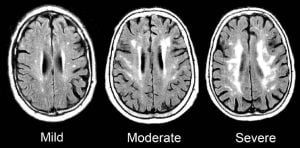In this article, I’ll address a real mainstay of modern medicine: laboratory tests that require drawing blood.
This is sometimes referred to as “checking labs,” “doing bloodwork,” or even “checking blood.”
Most older adults have been through this. For instance, it’s pretty much impossible to be hospitalized without having bloodwork done, and it’s part of most emergency room care. Such testing is also often done as part of an annual exam, or “complete physical.”
Last but not least, blood testing is usually — although not always — very helpful when it comes to evaluating many common complaints that affect aging adults.
Fatigued and experiencing low energy? We should perhaps check for anemia and thyroid problems, among other things.
Confused and delirious? Bloodwork can help us check on an older person’s electrolytes (they can be thrown off by a medication side-effect, as well as by other causes). Blood tests can also provide us with information related to infection, kidney function, and much more.











